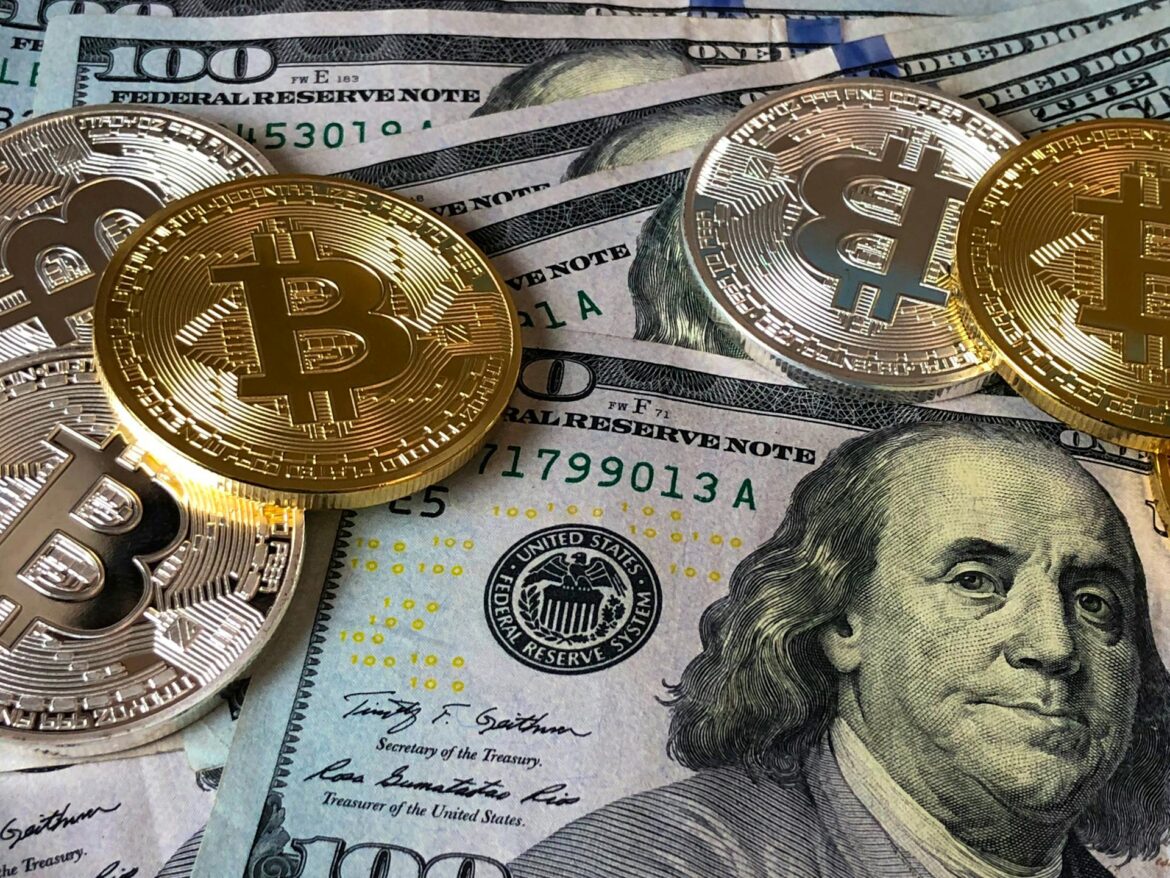Decentralized Finance (DeFi) is reshaping the financial landscape by leveraging blockchain technology to create a more inclusive, transparent, and efficient financial ecosystem. In this article, we explore the revolutionary potential of DeFi and how it is disrupting traditional finance.
Understanding Decentralized Finance (DeFi):
DeFi refers to a range of financial services and applications built on blockchain technology that operate without centralized intermediaries, such as banks or financial institutions. Instead, DeFi platforms utilize smart contracts, decentralized protocols, and digital assets to enable peer-to-peer transactions, lending, borrowing, trading, and other financial activities.
Key Features of DeFi:
- Transparency: DeFi platforms are built on public blockchains, providing transparent and auditable records of all transactions. Users can verify the integrity of transactions and track the flow of funds in real-time, enhancing trust and accountability in the financial system.
- Accessibility: DeFi eliminates barriers to entry by providing financial services to anyone with an internet connection and a digital wallet. Users can access DeFi platforms from anywhere in the world, without the need for a bank account or traditional financial infrastructure.
- Security: DeFi relies on blockchain technology, which employs cryptographic techniques to secure transactions and data. Funds are stored in digital wallets and controlled by private keys, providing users with full ownership and control over their assets.
- Interoperability: DeFi protocols are designed to be interoperable, allowing different platforms to seamlessly interact and exchange value. This interoperability enables the creation of complex financial products and services, such as decentralized exchanges (DEXs), liquidity pools, and automated market makers (AMMs).
- Programmability: DeFi platforms are highly programmable, allowing developers to create custom financial products and automate complex transactions through smart contracts. This programmability enables the development of innovative solutions for lending, borrowing, yield farming, and asset management.
Impact of DeFi on the Financial Industry:
- Financial Inclusion: DeFi opens up access to financial services for underserved populations, including the unbanked and underbanked, enabling them to participate in the global economy and access capital for investment and entrepreneurship.
- Disintermediation: DeFi reduces reliance on centralized intermediaries, such as banks and financial institutions, by enabling direct peer-to-peer transactions and eliminating costly intermediaries. This disintermediation leads to lower fees, faster transactions, and greater financial autonomy for users.
- Innovation: DeFi fosters innovation by providing a fertile ground for experimentation and the development of new financial products and services. From decentralized lending platforms to prediction markets and synthetic assets, DeFi is driving forward the evolution of finance.
- Decentralization: DeFi promotes decentralization by distributing control and ownership of financial infrastructure among network participants. This decentralized architecture reduces systemic risks and vulnerabilities associated with centralized financial systems, making the financial system more resilient and robust.
Conclusion:
Decentralized Finance (DeFi) is revolutionizing the financial industry by harnessing the power of blockchain technology to create a more inclusive, transparent, and efficient financial ecosystem. With its emphasis on accessibility, transparency, and innovation, DeFi has the potential to transform the way we think about and interact with money, ushering in a new era of financial empowerment and opportunity for people around the world.



